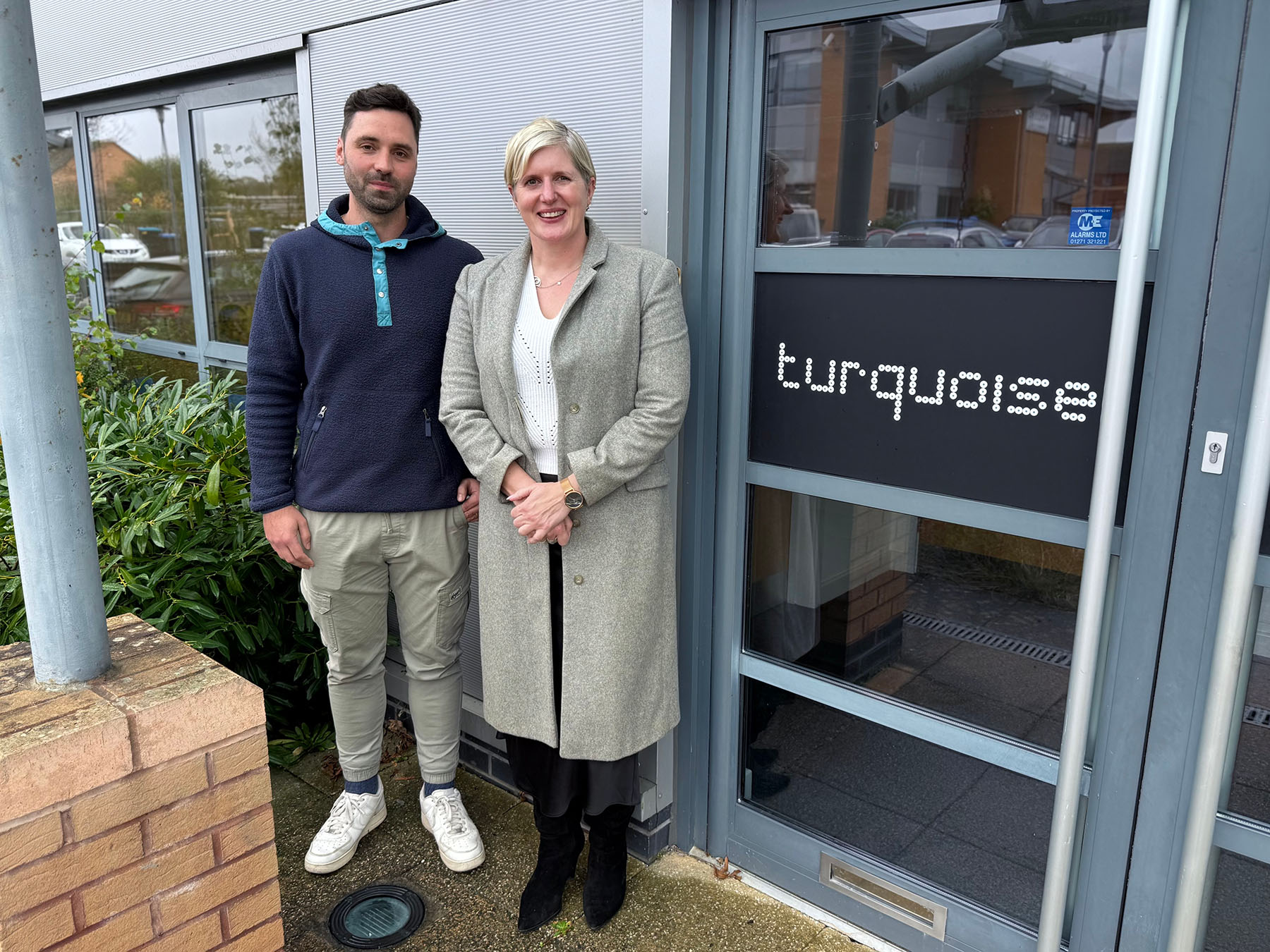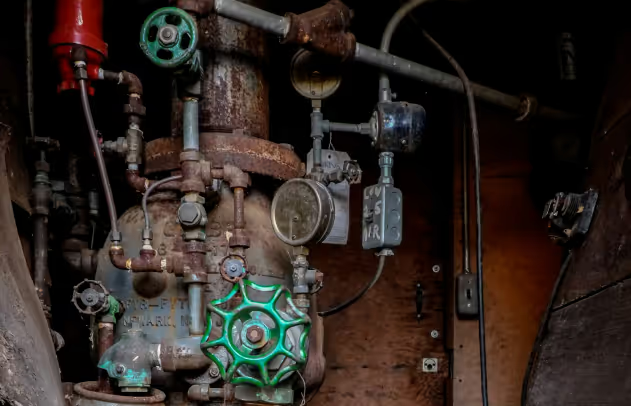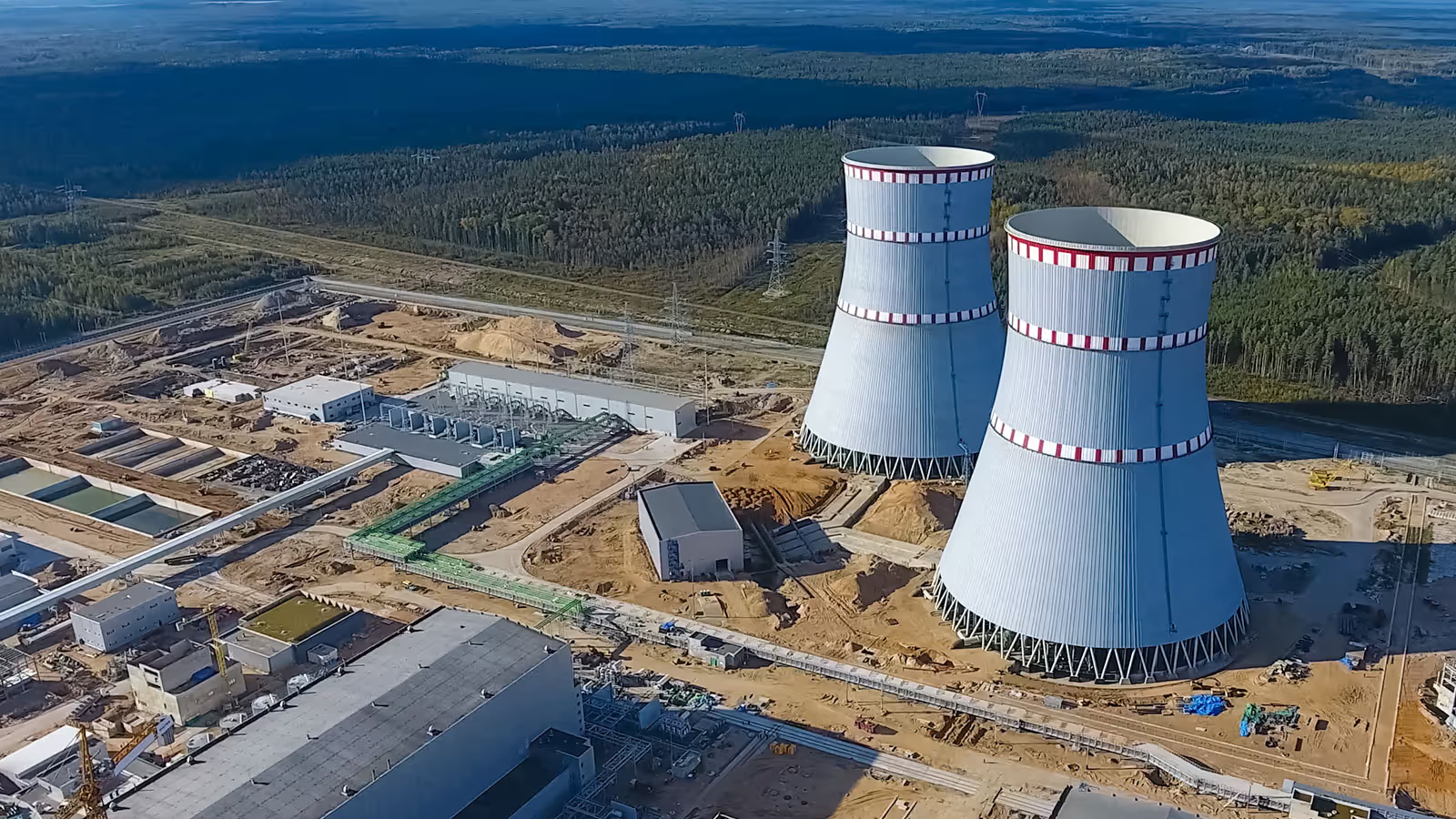
Insight
15th March 2022
Transforming the oil and gas sector
These are challenging times across all the utilities sectors, but none are facing such a period of transformation as oil and gas. On the one hand, events in Russia and the Middle East are sending prices through the roof. This led to unprecedented price hikes for consumers in terms of both utility bills and fuel prices on the forecourts.

On the other hand, the “big picture” outlook depicts an industry whose days are numbered, with internal combustion engines and carbon based electricity generation both to be phased out over the next two to three decades. Let’s see how these factors will combine to influence a handful of key trends in the oil and gas sector over the coming months.





























